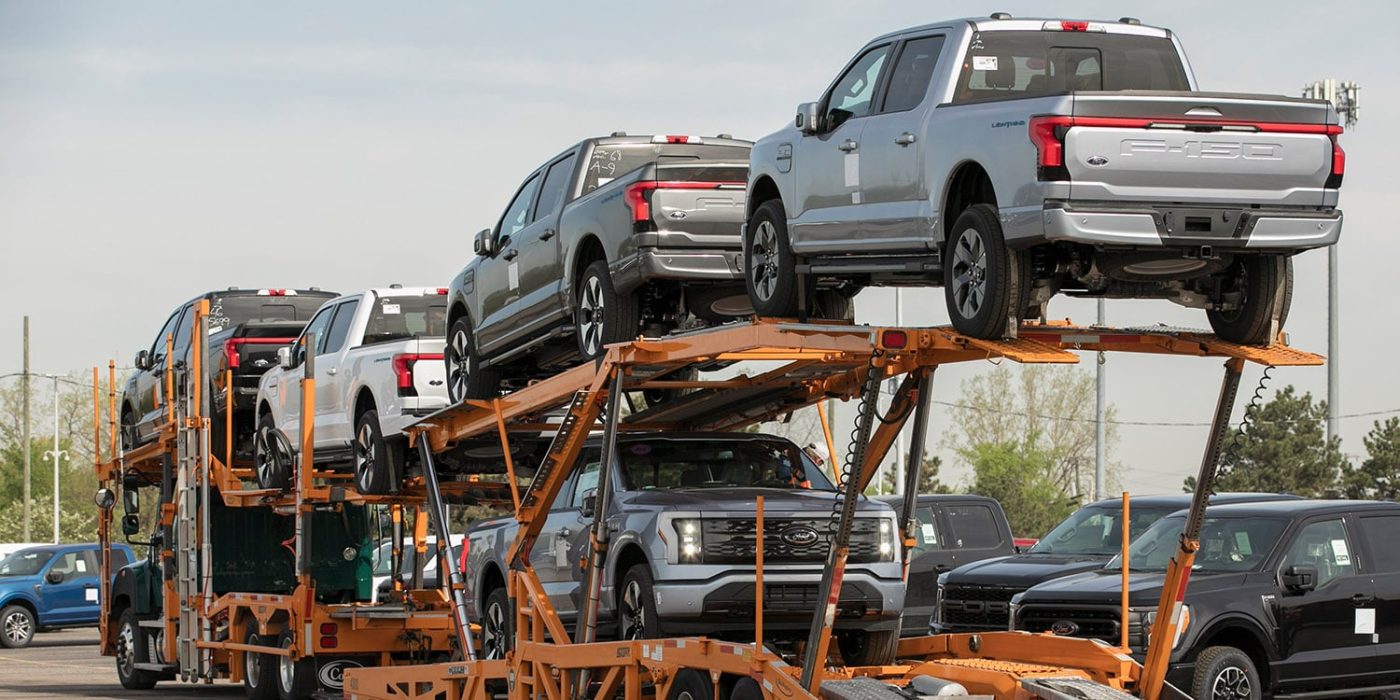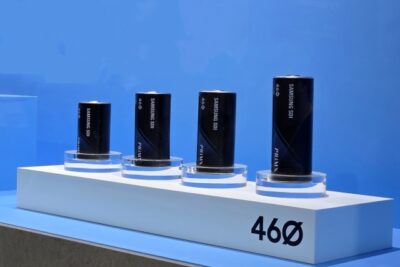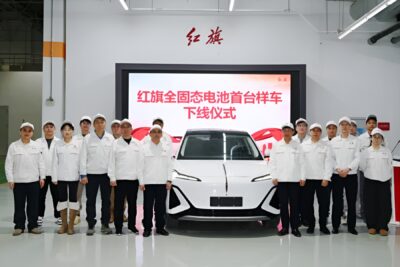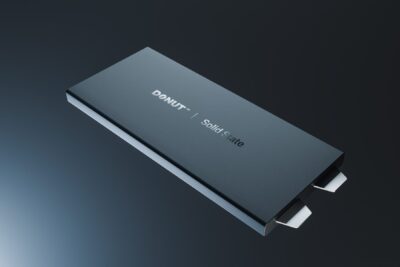Ford cuts spending on EV development
That has immediate consequences. The planned three-row SUV will thus not be available as a purely battery-electric vehicle as initially planned—but as a hybrid. In terms of fully electric vehicles, Ford will prioritise the introduction of a new commercial van in 2026, followed by two new electric pickup trucks in 2027 and other affordable models in the future.
However, the carmaker does emphasise that it will offer “broader electrification choices,” meaning a range of propulsion options for, for example, the next-generation F-Series Super Duty pickup. “As the global leader in pickup trucks, we are future-proofing this valuable franchise across all sizes with hybrid, electric and other electrified propulsion options, giving individual customers and businesses choice based on how they use their trucks,” says Ford President and CEO Jim Farley.
The reason for the shift in strategy is cost. According to Ford, today’s EV buyers are looking to get an electric car to save money and fuel on maintenance. “This, coupled with scores of new electric vehicle choices hitting the market over the next 12 months and rising compliance requirements, has amplified pricing pressures,” the manufacturer emphasises. “These dynamics underscore the necessity of a globally competitive cost structure while being selective about customer and product segments to ensure profitable growth and capital efficiency.”
But again, Ford will not scrap its electrification plan altogether. It will still offer a new electric commercial van, which will roll off the production line at its Ohio plant from 2026, is that the carmaker sees commercial customers “transitioning more quickly to electric vehicles as they value the total cost of ownership and the productivity benefits that electric vehicles can provide.”
As for the announced pickups, it seems they will come from California. “In 2022, Ford established a skunkworks team in California focused on changing the company’s approach to next-generation vehicle development and bending the cost curve on electric vehicles,” the carmaker says. In February, company CEO Jim Farley mentioned during a conference call on the 2023 financial results that Ford was secretly working on a new platform for low-cost electric cars. The company now confirms that the “first affordable vehicle off this new platform will be a mid-sized electric pickup launching in 2027.”
Ford says it will also realign its “US battery sourcing plan to reduce costs, maximise capacity utilisation, and support current and future electric vehicle production.” The carmaker wants to move some Mustang Mach-E battery production from Poland to Holland, Michigan, next year so that the EV qualifies for the US tax credit. Moreover, Ford says that it will produce battery cells for the E-Transit and F-150 Lightning at the Kentucky 1 plant from joint venture BlueOval SK. The cells for the electric commercial van mentioned above will come from BlueOval SK at BlueOval City in Tennessee.
“Those same cells will be sourced to later power the next-generation electric truck to be assembled at BlueOval City and future emerging technology electrified vehicles,” Ford says in its press release. “This common cell strategy gives Ford significant sourcing flexibility for manufacturing across multiple segments and electrified platforms as the market continues to evolve.”
Ford will also start production of LFP battery cells at the BlueOval Battery Park, Michigan , in 2926. According to the US company, it will be “America’s first automaker-backed LFP battery plant – qualifying for Inflation Reduction Act benefits and giving Ford one of the lowest-cost battery cells in North America.”
“An affordable electric vehicle starts with an affordable battery,” Farley said. “If you are not competitive on battery cost, you are not competitive.”
However, the change in strategy also has consequences not mentioned in the current announcement. At the beginning of August, Ford paused construction of a cathode material plant in Becancour, Canada, which it is building with SK On and EcoPro BM. The initial reason was a factory redesign, but it turned out to be a larger analysis as the demand for EVs and batteries is declining.





0 Comments